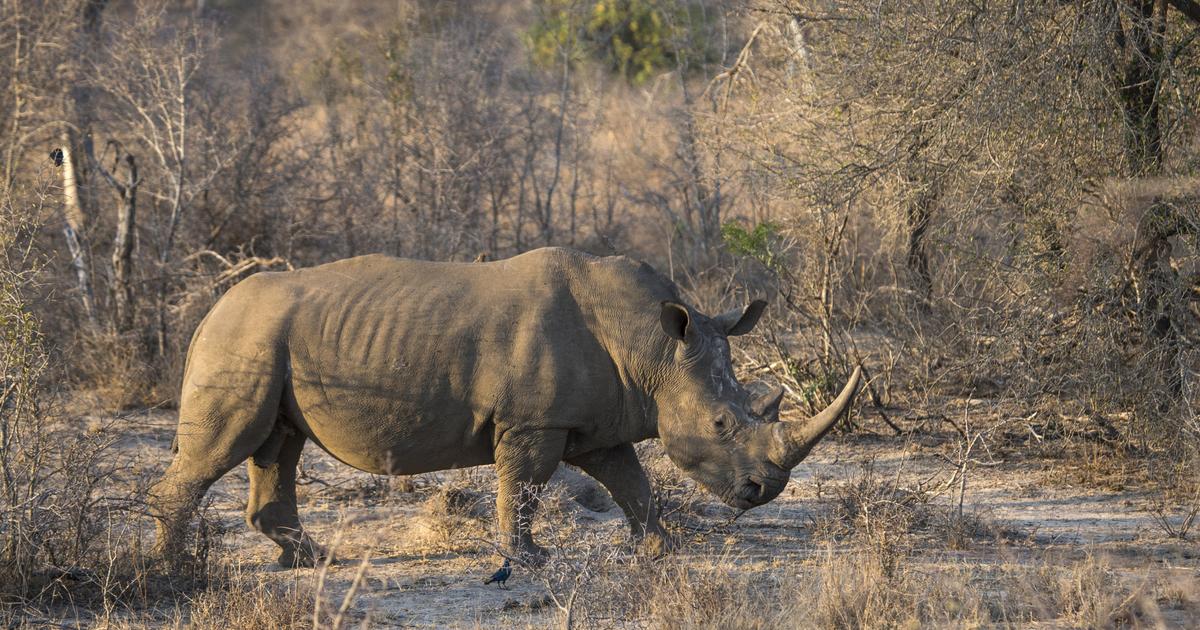Poaching of rhinos in South Africa, down very slightly from last year, has moved from large national parks placed under high surveillance to regional parks and private reserves, noted the government on Monday.
A total of 448 rhinos were killed in 2022 in the country, three less than in 2021.
The Kruger National Park, the largest in the country, is the only one out of twenty in South Africa to have been affected by the phenomenon in 2022: 124 rhinos were poached there, around 40% less than the previous year, according to the Ministry of the Environment in a press release.
Read alsoWhen to go to South Africa?
Weather, climate… The best period by region
“Relentless war” against poaching
Kruger National Park is the largest in South Africa.
Patrice CORREIA - stock.adobe.com
No rhinos have been killed in any other national park in the country.
Result, according to the Minister of the Environment Barbara Creecy, of "
the relentless war waged by our formidable anti-poaching system as well as the comprehensive dehorning program
" preventive.
The majority of poached rhinos were poached in regional parks in KwaZulu-Natal province (KZN, south-east), ie 244, including 16 in private reserves.
“
This year's results show that collaboration between conservation authorities, South African police services, revenue authorities and international agencies is working.
We believe that if the provincial authorities in KwaZulu-Natal follow our model, they will be able to significantly curb rhino poaching in their provincial parks before it is too late
,” said Barbara Creecy.
Read alsoA more eco-responsible safari in Africa is possible!
80% of the world's rhino population
South Africa is home to nearly 80% of the world's rhino population.
The country has become a hotspot for poaching, driven by Asian demand, where the horns are used in traditional medicine for their supposed therapeutic or aphrodisiac effects.
The Kruger Park, very touristy and which extends over nearly 20,000 km² to the Mozambique border, has seen its rhino population decrease dramatically over the last decade.
The government has taken reinforced measures in recent years with the support of the police, the tax authorities and cross-border agencies.
This park is known for hosting the 'Big Five', namely lion, rhino, buffalo, elephant and leopard.
The public authority that manages national parks announced in December the use of lie detectors on employees of national parks, poachers sometimes benefiting from their complicity.
The decline in poaching in Kruger Park brings "
hope
", said the NGO WWF in a statement, stressing however that cross-border trafficking in the region remains "
very worrying
".

